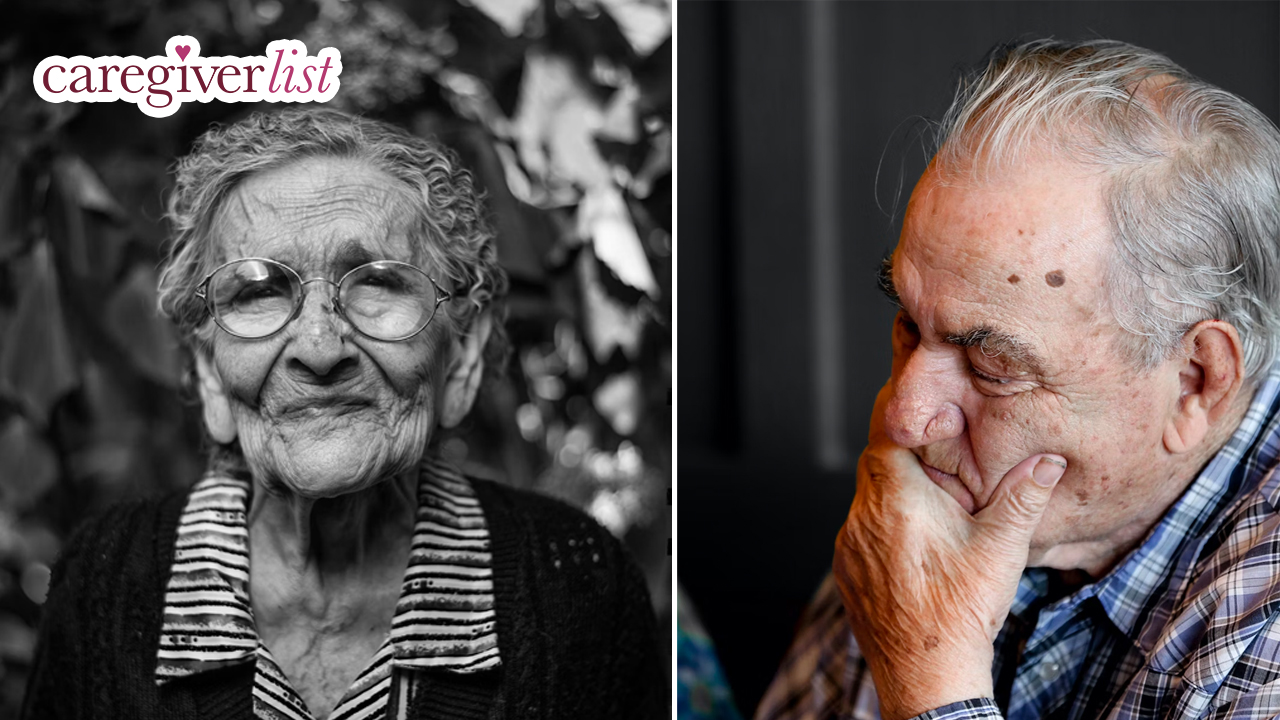Many of your elderly clients with Dementia experience fear, confusion, and behavioral changes. It is known as sundowning.
The term “Sundowning” developed as terminology in memory loss because the confusion often begins in the evening or when the sun is setting. This happens as memory loss symptoms begin and continue to happen as the disease progresses.
“A common cause (of worsening sundowning) is mental and physical exhaustion and trying to keep up with an unfamiliar or confusing environment,” according to Dr. Kuljit Kapur
Watch the Video explaining Sundowning: 3 Minutes, 29 Seconds
Sundowning can continue into the night. Sometimes people with Alzheimer’s disease:
- Have trouble falling asleep.
- Sometimes they get up from bed at night and they may think it is time to go to work or time or time to eat breakfast.
When Sundowning becomes a regular occurrence, around-the-clock caregivers must be present for safety.
Signs of Sundowning in the late afternoon and early evening:
- Confusion or anxiety
- Pacing
- Wandering
- Yelling
Suggestions to help with sundowning:
- Avoid clutter—a clean uncluttered space is relaxing
- Turn off any sounds that may annoy your senior client
- Provide an activity to the person to distract from pacing or other sundowning behavior
- Create a schedule to maintain a quiet and relaxing time each afternoon
- Go for a walk
- Close the curtains
- Each day at dusk turn down off the ceiling lights and turn on the lamps to create a nighttime environment
Caergiverlist offers Caregiver Training for individuals with Alzheimer’s Disease and Related Disorders. Learn how to become a Professional Caregiver.







